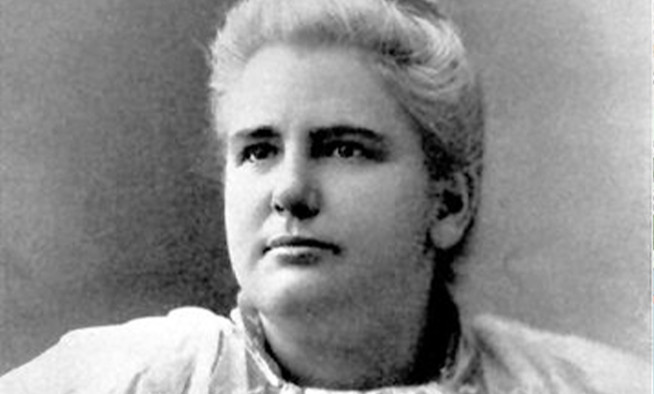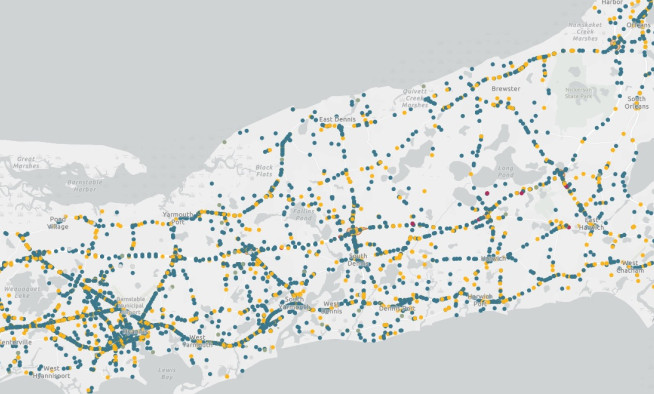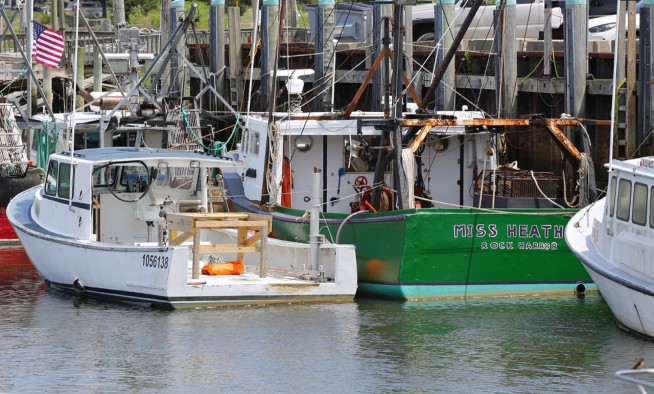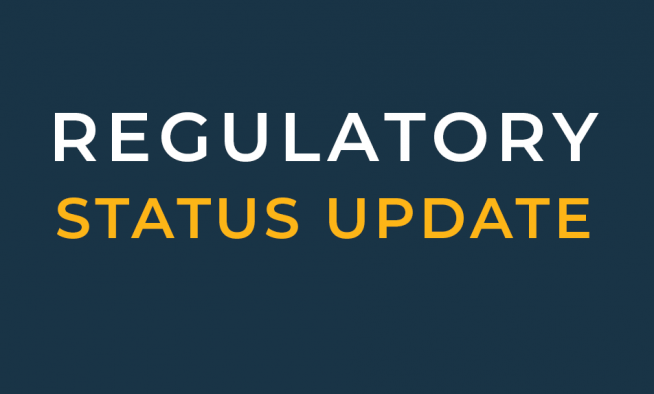Solid waste studies show a need to increase recycling and reuse in the region
Removing waste from your household is far more complex than simply taking it to the transfer station or having it trucked away by a private hauler. Ensuring that waste is handled correctly is critical to protecting the region's air, soil, and drinking water supplies.
According to the Massachusetts 2030 Solid Waste Master Plan, disposal capacity for municipal solid waste is expected to decrease statewide. Cape Cod towns have seen waste disposal contract prices increase twofold in recent years.
In 2020, Barnstable County contracted with two consultants on a pair of feasibility studies that analyze trends and identify options for future solid waste disposal and opportunities for increased waste diversion.
Geosyntec Consultants performed a municipal solid waste out-of-state disposal analysis, and Tetra Tech studied municipal solid waste diversion options for recyclable, reusable, and hard-to-dispose materials.
The studies found that the region's waste stream doubles in tonnage from May through September, waste quantities continue to increase year to year, and the greatest opportunity for waste diversion is to increase recycling and reuse of construction and demolition materials and organics.
To further waste reduction, attention must be paid to diverting certain materials from our waste stream. For example, thirty percent of what we throw away is considered compostable; paper products, organic food waste, and yard waste.
Now that these studies are complete, the County can work with the towns to create educational outreach materials for the public and convene the region's 15 municipalities as partners in identifying opportunities for better environmental and economic outcomes. While it is likely that each town will retain its own transfer station, there are opportunities for shared regional and subregional processing facilities to enhance reuse and recycling and jointly negotiate disposal contracts – a practice that has saved the region millions of dollars.
Ultimately, realistic, achievable small steps taken by both municipal leaders and individuals will be the most effective way to reduce waste in the future.
Visit https://capecodcommission.org/our-work/solid-and-hazardous-waste/ to read the reports and to learn more about the Cape Cod Commission's work in solid and hazardous waste.
Related Posts




